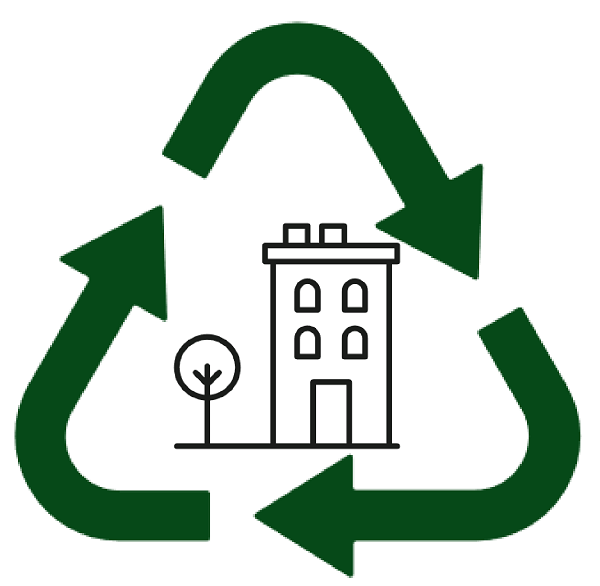Daniel Willems is a fellow in the 2019 Leaders in Environment and Finance (LEAF) program. As part of the LEAF Fellowship, Daniel worked with Envirolink over the summer of 2019. Daniel is a second year Masters candidate in the Department of City and Regional Planning at UNC. He currently works at the EFC as a Research Assistant on a water and wastewater regionalization project.
Across the country, communities are dealing with a shortage of water and wastewater treatment plant operators. This shortage – largely due to retirements occurring in an aging workforce – is leaving many municipalities in need of immediate replacements or short-term transition plans. Without qualified individuals to ensure state and federal standards are met for our drinking water and our wastewater, communities run the risk of failing to provide an essential public health service to their residents and local businesses.
Small, rural towns are particularly at risk. Many of these municipalities rely on operators to be far more than just operators. Small water system operators are often the system record keepers and have extensive system knowledge that may not be written or stored anywhere but in their own minds. A sudden retirement, illness, or extended leave has the potential to significantly impair system operations.
I learned about the importance of skilled operators and the issues that may arise when they are not present this summer as an EFC Leaders in Environment and Finance (LEAF) Fellow at Envirolink, a private utility management company. Envirolink operates under a managerial capacity sharing model, which is a public-private regionalization solution. Below are three possible solutions I evaluated to forestall and alleviate the consequences of an impending operator shortage. Continue reading




